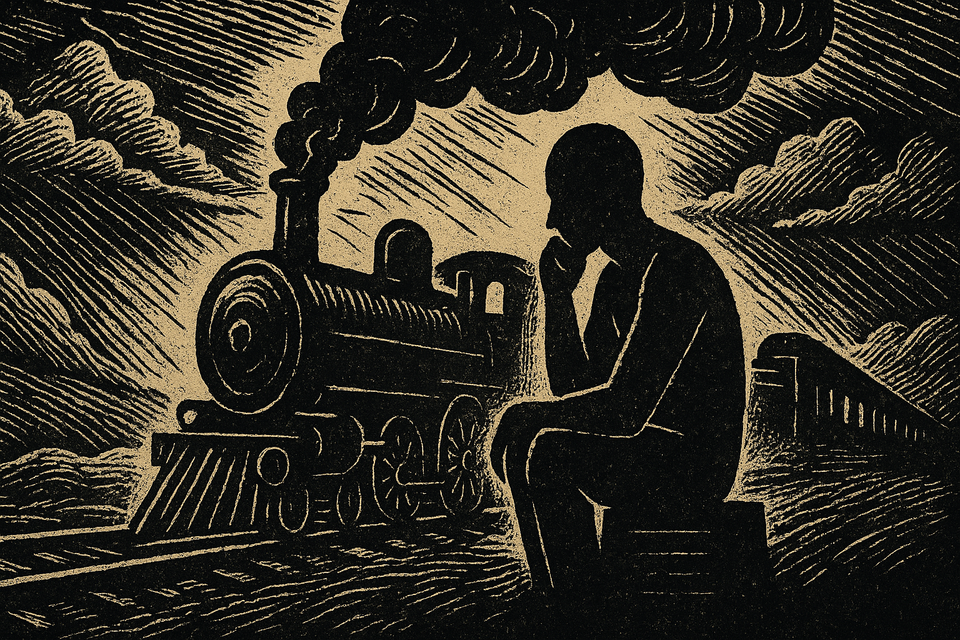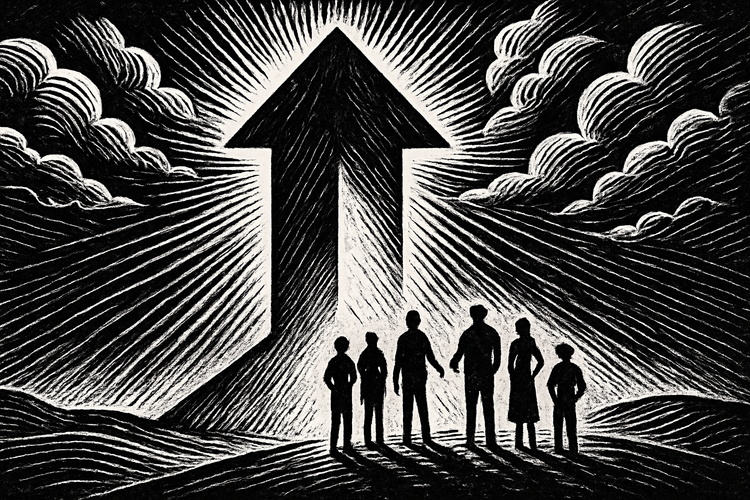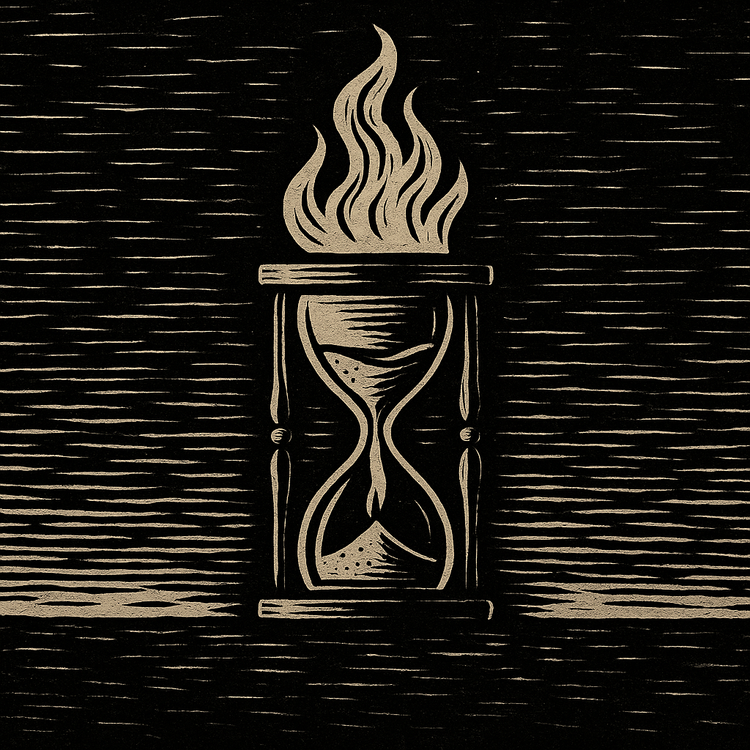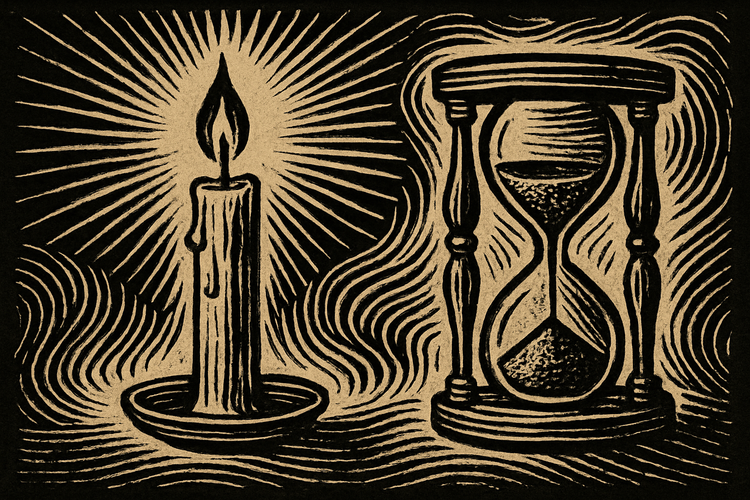The Good Place S2E10 "Rhonda, Diana, Jake, and Trent"

Spoiler Warning: This reflection contains full spoilers for The Good Place, including retrospective insights and thematic allusions. It assumes familiarity with the entire series and is written from the perspective of a rewatch.
On the train into the Bad Place, Chidi’s discomfort with their disguises boils over. True to his Kantian roots, he insists that lying is never permissible — a principle he treats as absolute, grounded in the belief that moral rules must hold without exception if they are to mean anything at all. For Kant, even the smallest lie undermines the moral law itself. Eleanor, exasperated, cuts straight to the absurdity: “Even to demons?!” It’s a jab with teeth, exposing the strain between a rule meant for orderly human life and the chaos of their current situation. Her challenge lingers — not just as a practical question of survival, but as a philosophical one: can a law built for the ideal survive the messiness of reality?
That mess greets them in the Museum of Human Misery, a sprawling gallery of life’s pettiest torments — flossing in an open-plan office, slow walkers in a narrow hallway, and other minor irritations elevated to high art. The museum’s absurdity underscores the point: evil here is often small, situational, and without a universal form. The party underway within is both an opportunity and a threat — a chance to blend in, but only if they can keep their stories straight.
It’s here that the philosophical debate ripens. Eleanor presses the case for moral particularism — the idea that there are no exceptionless moral principles, and that context must shape what’s right. In this view, lying to save a friend is not a violation of morality but an expression of it, because morality’s core is about responding rightly to the particulars of a situation. Chidi pushes back, warning that once you grant yourself the freedom to bend a rule, you risk bending it for convenience rather than necessity. But the party is a crucible: the danger is real, the stakes immediate, and the need for flexibility undeniable. Chidi yields, not with a flourish, but in a small, decisive act of cooperation that hours earlier would have been unthinkable — proof that even the most rigid frameworks can be reshaped by lived experience.
Before they can leave, their cover unravels. Familiar faces and pointed questions snowball into chaos, ending with Jason’s predictable but effective solution — a Molotov cocktail lobbed into the fray — and the group sprints for the portal.
At the threshold, the plan hits its final snag: Michael has only enough transport pins for the others. The math is stark, and so is the choice. This is the trolley problem stripped to its essence — one life versus many, no trick tracks, no third option. For Michael, the answer is immediate. He steps aside, giving up his chance at escape so the others can make it through. In doing so, he redefines the terms entirely: the highest moral act is not to calculate who must die, but to remove yourself from the equation altogether. The demon who once designed their torment now applies the same ingenuity to saving them, solving the problem not by choosing who to harm, but by choosing to be the one harmed.
Rhonda, Diana, Jake, and Trent distills the season’s moral tug-of-war into a single infiltration. Chidi’s shift from the rigidity of absolutism to the adaptive compassion of particularism, and Michael’s radical self-sacrifice, converge on the same truth: that morality isn’t defined by how tightly we cling to rules, but by our willingness to give what the moment demands — even, and especially, when it costs us most.



Comments ()